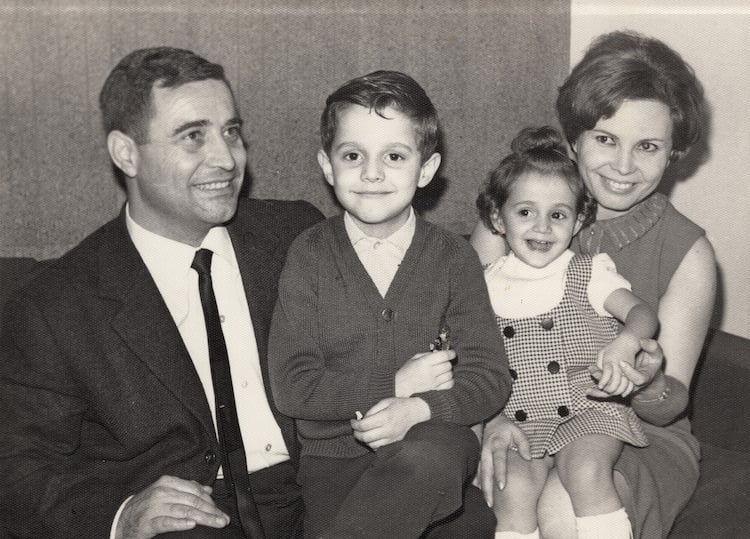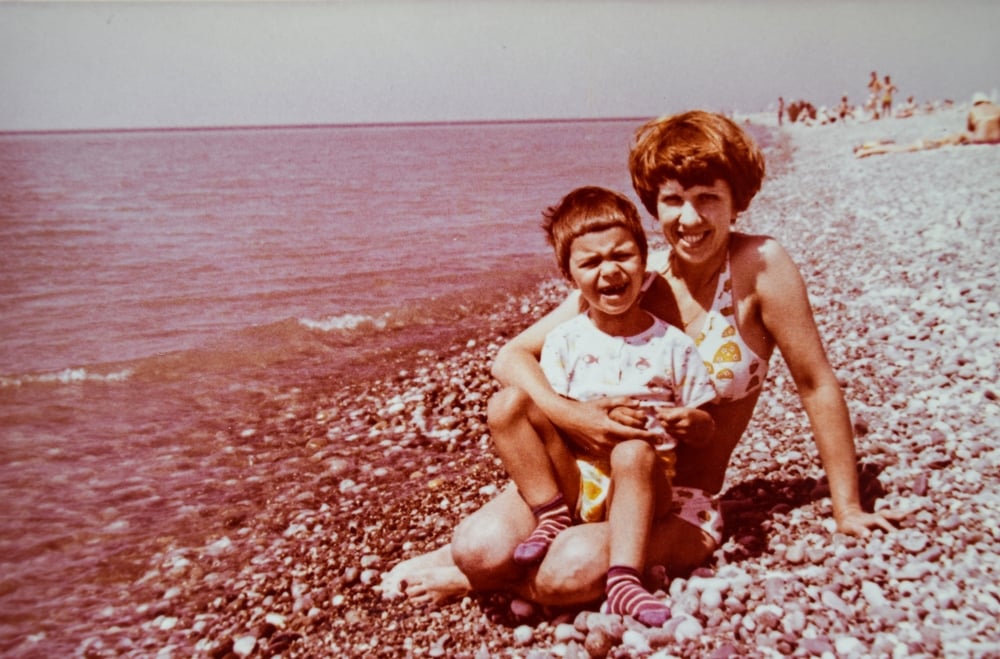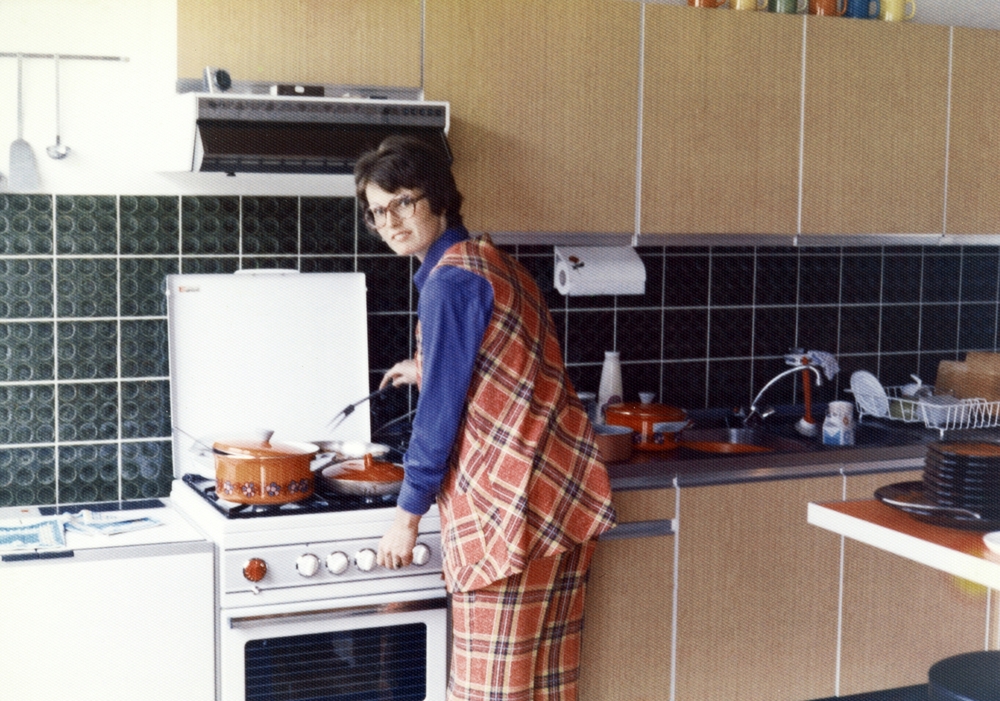Baby boomers reshaped parenting with the ideal of a more connected and compassionate generation.

We didn’t just raise our kids differently—we reimagined what parenting could be. Born into a time of sweeping social change, we were determined to break the cycles of coldness, silence, and outdated gender roles we had grown up with. We questioned the authority-first style we endured as children and instead leaned into communication, compassion, and emotional development. While no generation parents perfectly, we believed deeply in doing better than what we knew.
With the lessons of our own upbringing still fresh in our minds, we looked for ways to nurture children who were emotionally secure, self-aware, and confident in their individuality. We ditched many of the traditional rules in favor of values that encouraged independence, creativity, and mental well-being.
Whether it was through how we approached discipline or the careers we encouraged, our goal was the same: raise good humans who felt seen, respected, and empowered. Parenting became more than a role—it became a mission. Here are 11 powerful ways Baby Boomers changed parenting forever.
1. Emphasizing Emotional Intelligence

Many of us Boomers grew up in homes where emotions were brushed aside. Crying might’ve been called “drama,” and anger was often punished instead of understood. So, when we became parents, we made it a priority to help our kids understand their feelings rather than stuff them down. We taught them to name their emotions, talk about them, and feel safe expressing vulnerability—even when it was uncomfortable for us.
Open communication and emotional validation became cornerstones of our parenting, as reported by experts at World Humanitarian Movement. We asked our children how they felt, and we listened—really listened. We wanted them to feel heard, not dismissed. In doing so, we laid the groundwork for emotionally intelligent adults who could navigate friendships, relationships, and challenges with empathy. For many of us, it was a form of healing, too—giving our children what we never received ourselves.
2. Shifting Away from Physical Punishment

Spanking, yelling, and “because I said so” discipline were common tools in the parenting toolbox when we were kids. Many of us remember the sting of fear more than the lesson itself. When it came time for us to raise children, we decided to break that cycle. We moved toward gentle parenting, using natural consequences, reason, and connection instead of fear or force.
Rather than punish our kids into submission, we worked to guide them toward better behavior with kindness and consistency. We believed in teaching, not shaming. Positive reinforcement, problem-solving, and setting clear boundaries became our go-to methods, according to Beata Souders at Positive Psychology. It wasn’t always easy, especially when we were stressed or tired, but the trust we built by avoiding physical punishment helped our kids grow into self-aware, respectful adults who understood right from wrong—without needing to be afraid of us.
3. Encouraging Independence

We were raised in a time when kids were expected to follow orders without question. But as Baby Boomer parents, we wanted our kids to grow up confident in their own decision-making. So, we gave them more say in their choices and encouraged independence early. Whether it was picking out clothes, solving peer conflicts, or managing their own schedules, we believed in letting them try—even if it meant occasional failure.
This shift wasn’t about abandoning structure; it was about trusting our kids to grow into capable humans. We saw independence as a skill set, not just a personality trait. Letting our children take ownership over their lives helped them build resilience and self-trust, Elizabeth Tenety mentioned in Motherly. They learned to think critically, adapt to change, and bounce back from setbacks—life skills we knew they’d need more than obedience.
4. Valuing Creativity Over Conformity

We remember how it felt to be told to “stay in line,” follow the rules, and not make waves. That experience made many of us determined to raise children who felt free to explore who they truly were. Instead of insisting they follow a specific path, we encouraged creativity. If our kids loved painting, music, writing, or tinkering in the garage, we supported it—even if it wasn’t “practical.”
Creativity wasn’t just for fun—it was a way for them to develop their identity and find joy in self-expression. We celebrated their weirdness, their curiosity, and their ideas, even when we didn’t fully understand them. That encouragement helped many of our children develop strong internal confidence and a lifelong love of learning. We didn’t want them to fit in—we wanted them to stand out in the best way.
5. Promoting Gender Equality

Growing up, many of us saw strict roles enforced in our homes. Dads worked, moms stayed home. Boys didn’t cry, and girls weren’t encouraged to lead. When we became parents, we made a conscious effort to challenge those expectations. We told our daughters they could be scientists or astronauts. We told our sons that showing emotion was brave. We gave them all the same opportunities and expected equal contributions.
We tried to model this ourselves, too—by dividing household duties more equitably and supporting each other’s careers. Gender didn’t have to dictate hobbies, chores, or ambitions in our households. By normalizing equality, we hoped to raise kids who didn’t just tolerate differences—they embraced them. We wanted them to believe in fairness and choose partners, careers, and roles based on values, not outdated stereotypes.
6. Addressing Mental Health

Mental health was rarely discussed in our childhood homes. If you were anxious or depressed, you were told to “tough it out” or “stop being dramatic.” As Baby Boomer parents, we wanted something different for our kids. We spoke openly about emotions, therapy, and mental wellness. We acknowledged that sometimes, brains need help just like bodies do—and that there’s no shame in that.
We encouraged our children to talk about their struggles and let them know that needing help wasn’t a weakness. Whether it was therapy, medication, or just having a safe place to vent, we made it normal to care for your mental health. This shift helped break the stigma and made it easier for our kids to ask for help before things reached a crisis point. In many ways, we healed ourselves as we raised a generation that could speak the language of emotional well-being.
7. Fostering Open Communication

We grew up hearing, “Because I said so,” more times than we could count. There was often no room for negotiation, feedback, or expressing feelings. When we became parents, we took a different route. We wanted our kids to know that their voice mattered, even when they were small. We opened the door to honest conversations and made it safe for them to speak up.
This didn’t mean they got everything they wanted, but it did mean we explained our decisions and listened to their perspectives. We created a home environment where dialogue was welcome, not punished. That approach helped our children become better communicators—not just with us, but in all areas of their lives. They learned to advocate for themselves, ask thoughtful questions, and navigate conflict with confidence.
8. Nurturing Emotional Security

In contrast to the emotionally distant or authoritarian parenting styles we grew up with, we aimed to be emotionally present. We wanted our kids to feel safe—not just physically, but emotionally. That meant being consistent, dependable, and available, even when life got messy. We didn’t want them to walk on eggshells or wonder if love was conditional.
We worked hard to create environments where they knew they were accepted exactly as they were. We offered reassurance, hugs, and calm conversations instead of threats or guilt trips. That emotional security helped our children feel anchored in who they were. It gave them a strong foundation for healthy relationships later in life and the confidence to explore the world without fear of rejection from those closest to them.
9. Supporting Flexible Career Paths

The old model of success was linear: school, job, marriage, retirement. But we realized the world was changing fast, and so were the definitions of success. As Baby Boomer parents, we supported our kids in choosing paths that made sense for them—even if it meant freelancing, switching careers multiple times, or opting out of college entirely. Passion and purpose mattered more than prestige.
We knew that fulfillment and well-being were more important than simply climbing a ladder. We tried to help our kids see that life isn’t one-size-fits-all, and that it’s okay to take the scenic route. By supporting their flexibility, we gave them room to grow, experiment, and build lives that reflected who they were—not just what society expected of them.
10. Prioritizing Healthy Work-Life Balance

Many of us watched our own parents come home exhausted—or not at all. Work dominated their time, often leaving little room for family connection or self-care. As parents, we didn’t want to repeat that. We made it a point to show our kids that family, hobbies, rest, and joy matter just as much as a paycheck. We strived for balance and encouraged them to do the same.
Whether it was showing up for their games, taking vacations together, or modeling downtime at home, we tried to be present. We wanted our kids to know that success didn’t have to mean burnout. Life is short, and we wanted them to grow up with a model of how to prioritize what really matters. That perspective has helped many of them avoid the workaholism we once saw as normal.
11. Instilling a Global Perspective

The world got smaller during our lifetime—more connected through travel, media, and technology. We wanted our children to grow up understanding that their experiences were just one part of a much bigger picture. We taught them about different cultures, encouraged them to learn new languages, and valued diversity in our friendships and media choices.
This wasn’t just about being “worldly”—it was about raising empathetic, open-minded humans who could thrive in a global society. We helped them understand that other people’s lives, customs, and viewpoints are valid and worth respecting. That global perspective made our children more compassionate, curious, and capable of engaging with the world in meaningful ways. And in the process, it made us better citizens of the world too.
